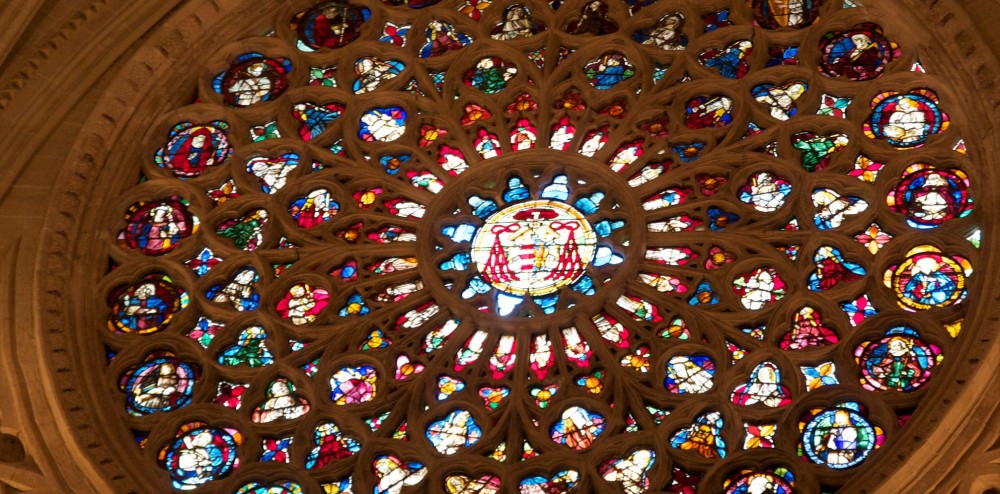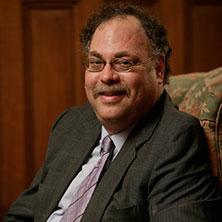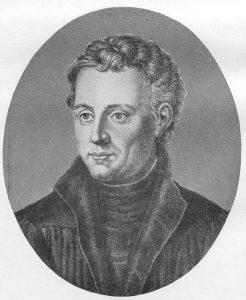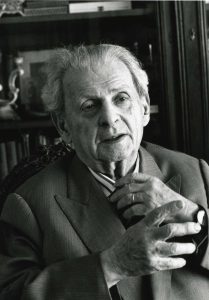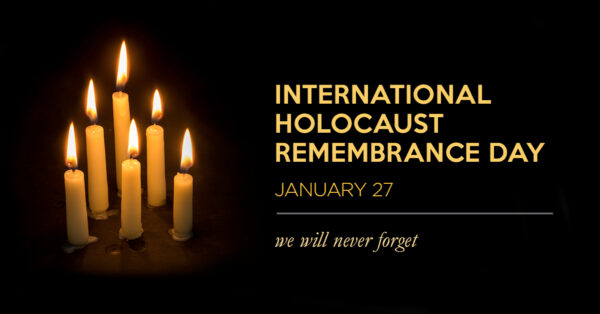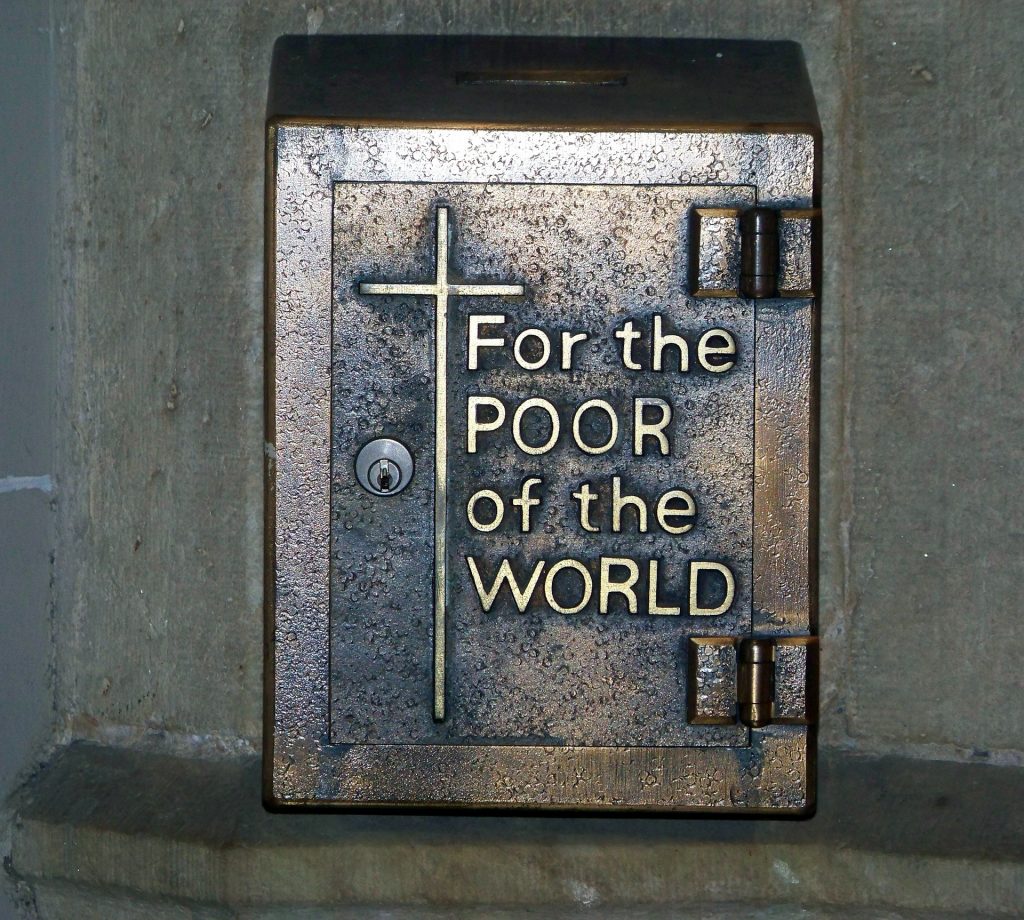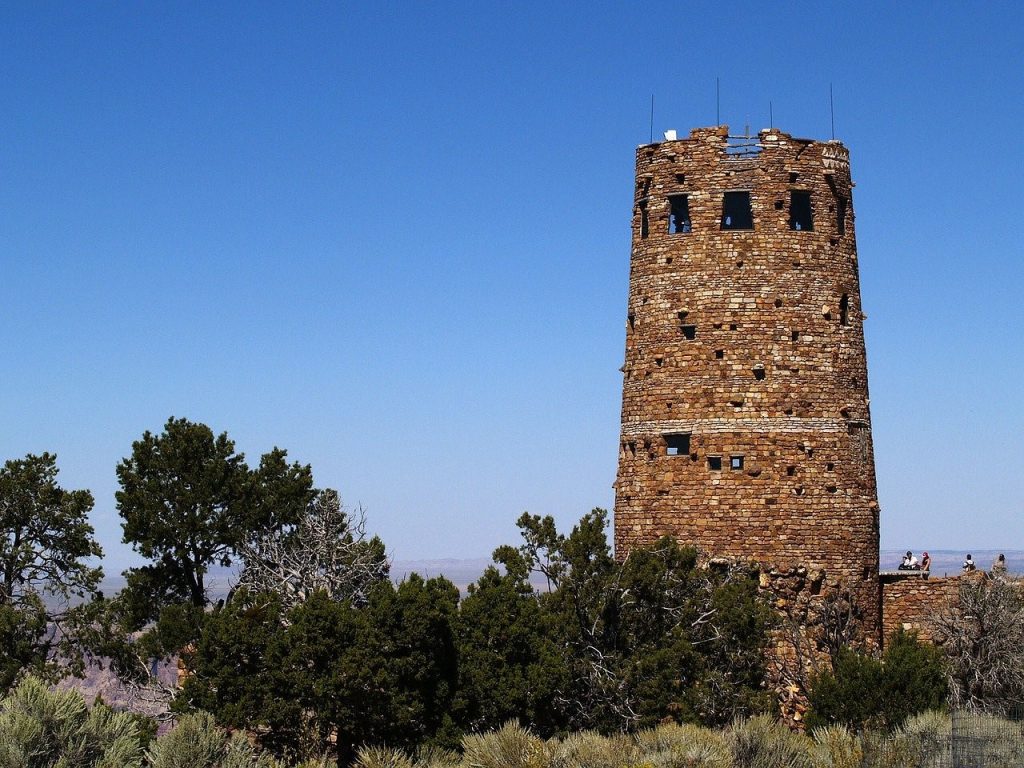
“Son of man, I have appointed you a watchman for the house of Israel. When you hear a word from my mouth, you shall warn them for me.” (Ezekiel 3:17)
Each summer we see, with heartbreaking photos, the coverage of wildfires in the western states. A while ago someone remarked that there were no such fires in western Canada. “Not so,” said I, “they are widespread but are seldom reported here.” Recently reports have come from southern Europe, Turkey and Australia, showing that the danger is widespread.
Fear of such fires should lead to prevention of accidents on campsites and other human causes. The incredible accusation of arson is made from time-to-time. May anyone with such a temptation find and accept counselling!
When I was seven my family moved to a town in a mountain valley of north-east central British Columbia (B.C.), near the headwaters of the Fraser River. The lumber industry was the main source of employment. Trees provided livelihood in return for hard work. Every winter logs were hauled onto the river for a journey south after the ice broke. Trucks crossed the river on sawdust “roads.” Danger lurked for the driver of a vehicle that plunged as the ice broke.
One of the mountains, seven miles from the town, was called “Lookout Mountain.” The only telephone in the town was to the dwelling of the watchman who spent the summer months scanning the skies for any sign of a fire. His was a lonely life of dedicated vigilance. Was this appreciated or taken for granted? As a child I cannot remember, but I hope that people expressed their gratitude!
In 1945 we heard a story that, from the Aleutian Islands, then occupied by Japan, thousands of small glass prisms were sent on miniature parachutes to the B.C. forests. This hope for wanton destruction could not be reversed when the war ended. Such acts posed less of a problem than landmines but the intention was malevolent and should be prohibited as unethical in any society. Such a warfare on trees is forbidden in the Law of Moses. Deuteronomy 20:19-20 begins with a prohibition against warriors cutting down trees but then concedes that building siegeworks requires use of this resource. The specific command is “Do not cut down the fruit trees!”
The image of a watchman guarding against natural disaster or the attack of enemies is applied to the spiritual and moral order in the prophet Ezekiel. A priest from birth, the young man, taken into exile in Babylon area in 597 B.C., was called to be a prophet in 593 (Ez 3:16-21, 33:1-9). The image selected to depict the serious nature of the call is the teacher giving warning to those going astray. Whether they heed or avoid the admonition, the person called to teach cannot ignore the challenge because God’s full message must be proclaimed.
In the context of forest fires today we hear of responsible leaders warning a community of imminent danger. Some refuse to leave, hoping for a change of wind or a drenching rainfall. The refusal to cooperate may be life-threatening. In the various situations of life in a community, may all, young and old, heed the teacher’s exhortation or admonition!
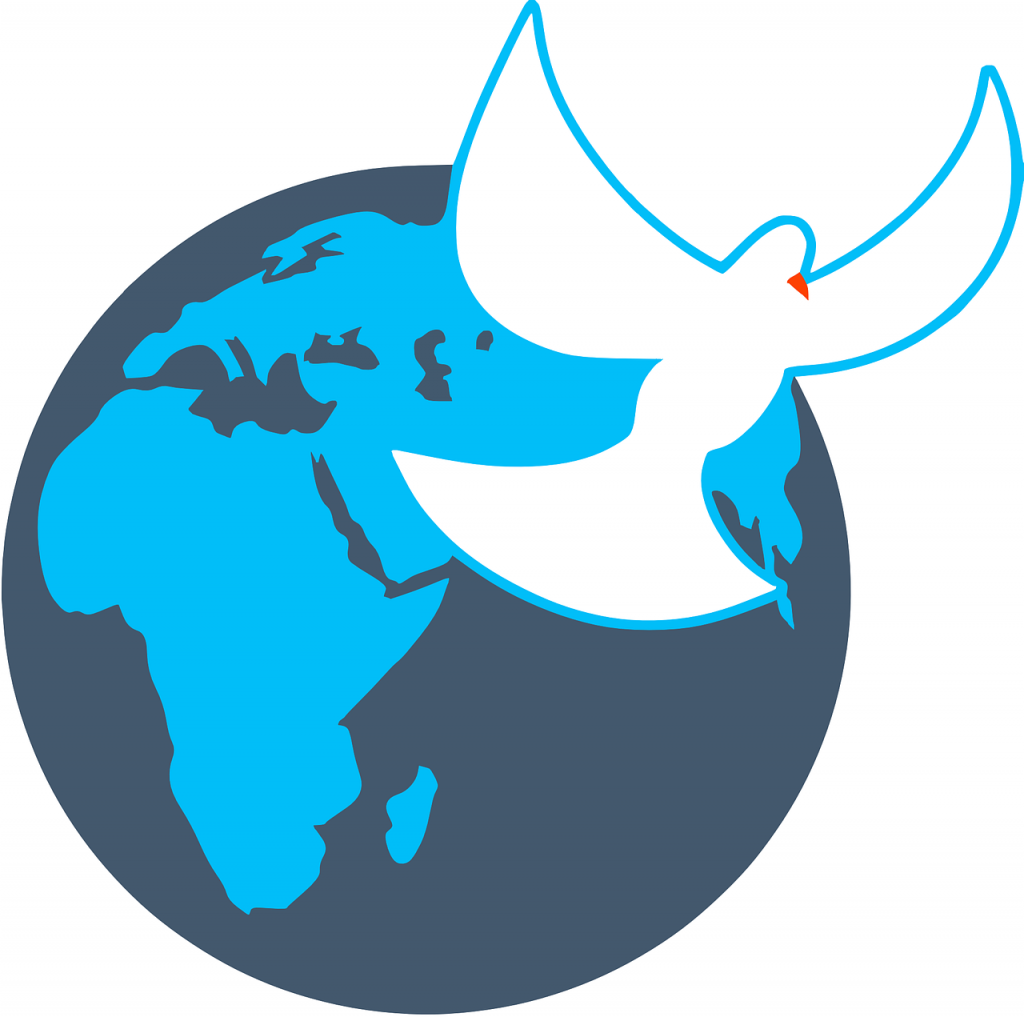 For Catholics the First of January, the Octave of Christmas, is the Solemnity of Mary, the Mother of God, with the Gospel of Luke telling of the Circumcision of Jesus. In the aftermath of the Second Vatican Council, another dimension was added. Pope St. Paul VI declared that this day also should be a time of prayer for peace throughout the world.
For Catholics the First of January, the Octave of Christmas, is the Solemnity of Mary, the Mother of God, with the Gospel of Luke telling of the Circumcision of Jesus. In the aftermath of the Second Vatican Council, another dimension was added. Pope St. Paul VI declared that this day also should be a time of prayer for peace throughout the world.